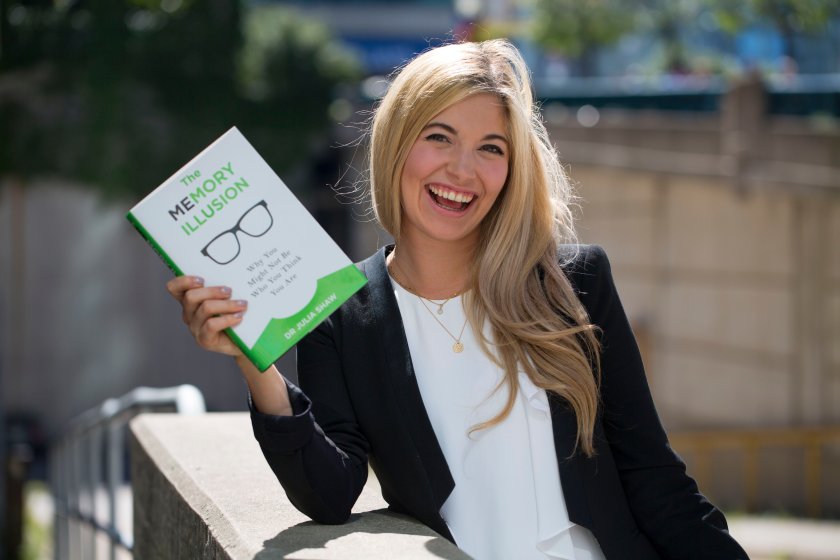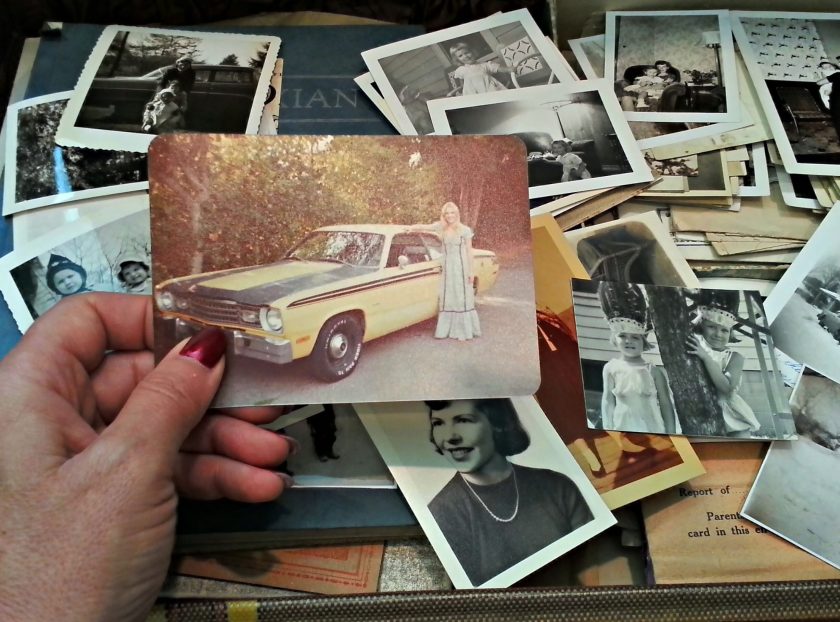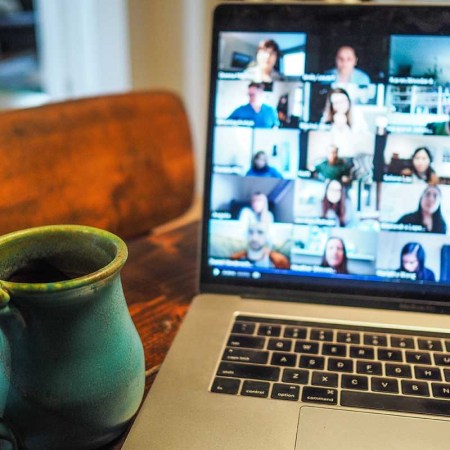Everything you remember before the age of two-and-half? That a lie, says London South Bank University’s Dr. Julia Shaw. In the phenomenon known as infantile amnesia, human brains aren’t developed enough before that age to process and store memories. To compensate for this, Shaw says our brains create a false memory of sorts, filling in the memory-deficient cracks with information received after the fact like a picture or a story.
A criminal psychologist specializing in memory, Shaw is out to prove the mind-bending concept is not only real, but far more prevalent than we may realize. “The question isn’t ‘do we have false memories?’ she says. “It’s how false are our memories?”
Shaw wanted to explore the inaccuracies of remembering because of the ramifications it could have in the criminal justice system, especially regarding confessions. To do so, the Canadian-turned-Brit designed a comprehensive study to find out how inaccurate our recollection can be.

Participants in Shaw’s study believed they were simply retelling their innocent childhood memories, but in the process, she tried to slyly convince them they had committed a crime despite their innocence. By surrounding the false memory with fragments of the truth, like a real location or friend, Shaw is able to convince the participants the entire memory is true through repeated visualizations.
“You try to get someone to confuse their imagination with their memory,” the researcher explained in a recent interview. “That’s it: Get them to repeatedly picture it happening.” Shaw’s research provides a convincing argument for how easily manipulated our brains can be.
Scientists are already working on a way to make this memory manipulation more precise. Earlier this year, researchers used optogenetics, a technique that activates certain part of the brain with light, to plant a false memory in a lab rat. However, the process involved taking out a portion of the rat’s skull in order to successfully achieve the experiment’s goal, so don’t expect this tech to be available for humans any time soon.
To learn more information on “memory hacking,” you can read Shaw’s book ‘The Memory Illusion’ (available for purchase here). Before you do, though, check out this video of Shaw explaining the impact that sensory stimulation has on creating false memories.
This article was featured in the InsideHook newsletter. Sign up now.























